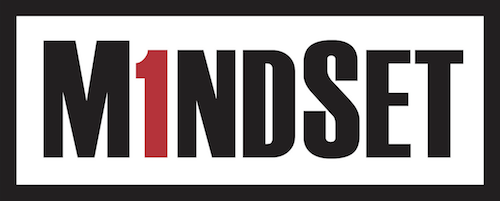Although providing employee feedback and correction is an important aspect of most supervisory relationships, neither leadership nor teaching is the art of criticism. With children, friends, or employees, feedback is most effective at a ratio of two positive comments for each that is critical.
When a 2:1 ratio is maintained, it is quite remarkable how open individuals will remain to constructive employee feedback. When your interactions fall below this magic ratio, expect employees to soon tune you out. Monitor yourself for a few days: are you maintaining that magical 2:1 ratio in your interactions with those you supervise?
Can a Leader Praise too Much?
Some leaders think this “positive stuff” is not all that important or that it can be way overdone. They are wrong. As a leader, you cannot be too positive with your employees as long as the praise you give and the appreciation you express is genuine. Praise will only be harmful when it is given in an insincere and manipulative manner.
The second objection we hear is that most of your employees don’t need a lot of praise. This may well be true if you are lucky enough to have good employees who are low maintenance, but here is what such short-sited leaders are missing: employees who have no need for praise still appreciate the praise.
Experience can be Deceiving
Regression to the mean informs us that when we do particularly well on a given task, the odds are we will do less well next time; when we do poorly on a task, the odds are we will perform better next time. This well-established statistical phenomenon has led many supervisors to incorrectly conclude that punishment is more effective than praise in improving human performance. As brilliant psychologist Danny Kahneman wrote, “Because we praise when others do well and punish when they do badly, and because there is regression to the mean, it is part of the human condition that we are statistically punished for rewarding others and rewarded for punishing them.”
There is even more to be gained from this magic 2:1 ratio practice. A focus on seeing positive behavior – and taking the time to acknowledge it – will have a positive impact on your own worldview. As you increase your focus on the positive aspects of the people all around you, it will help you to better appreciate the opportunity you have to celebrate, and learn from, others.

Co-Founder of MindSet, LLC.

